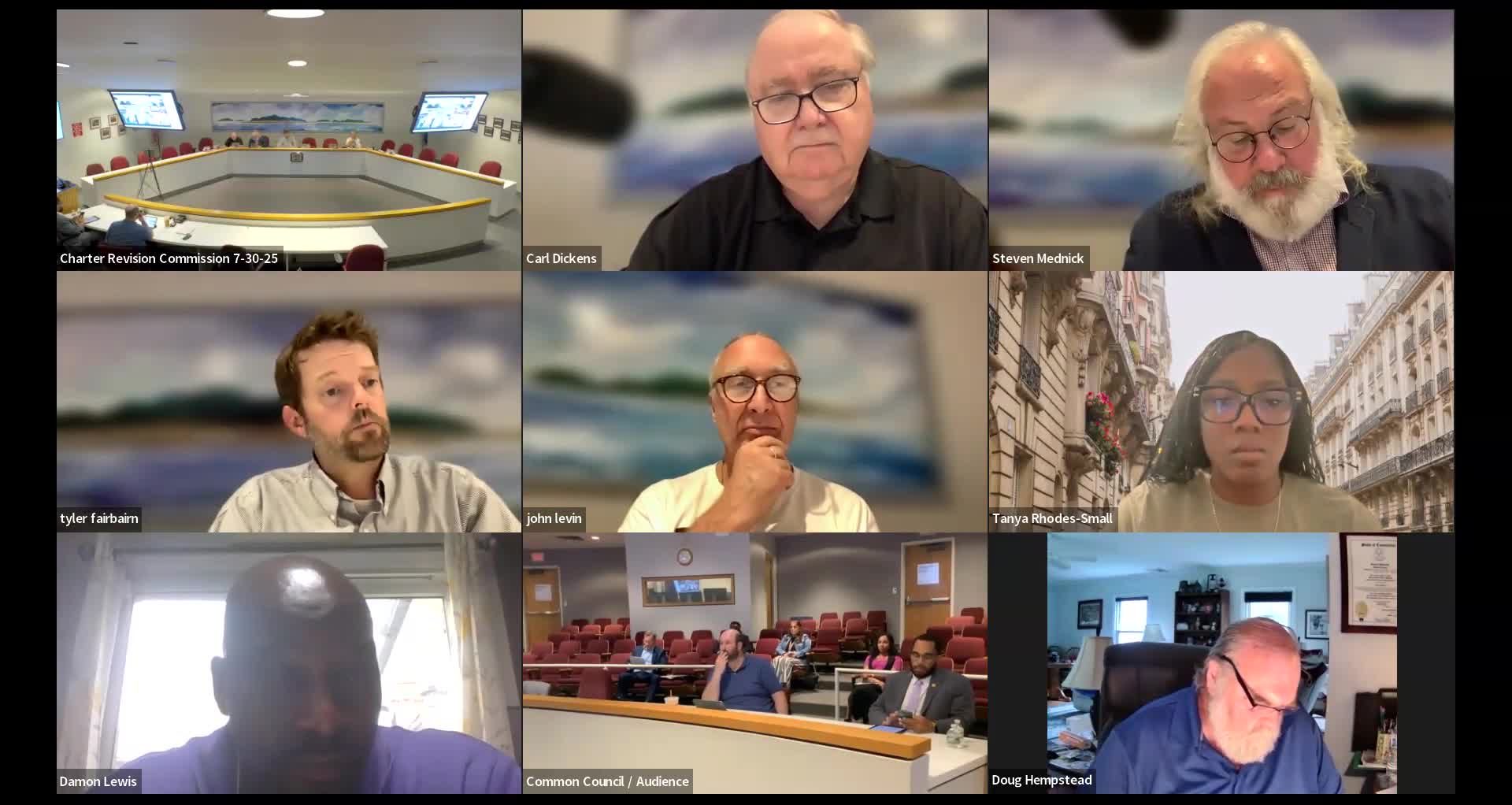Article not found
This article is no longer available. But don't worry—we've gathered other articles that discuss the same topic.
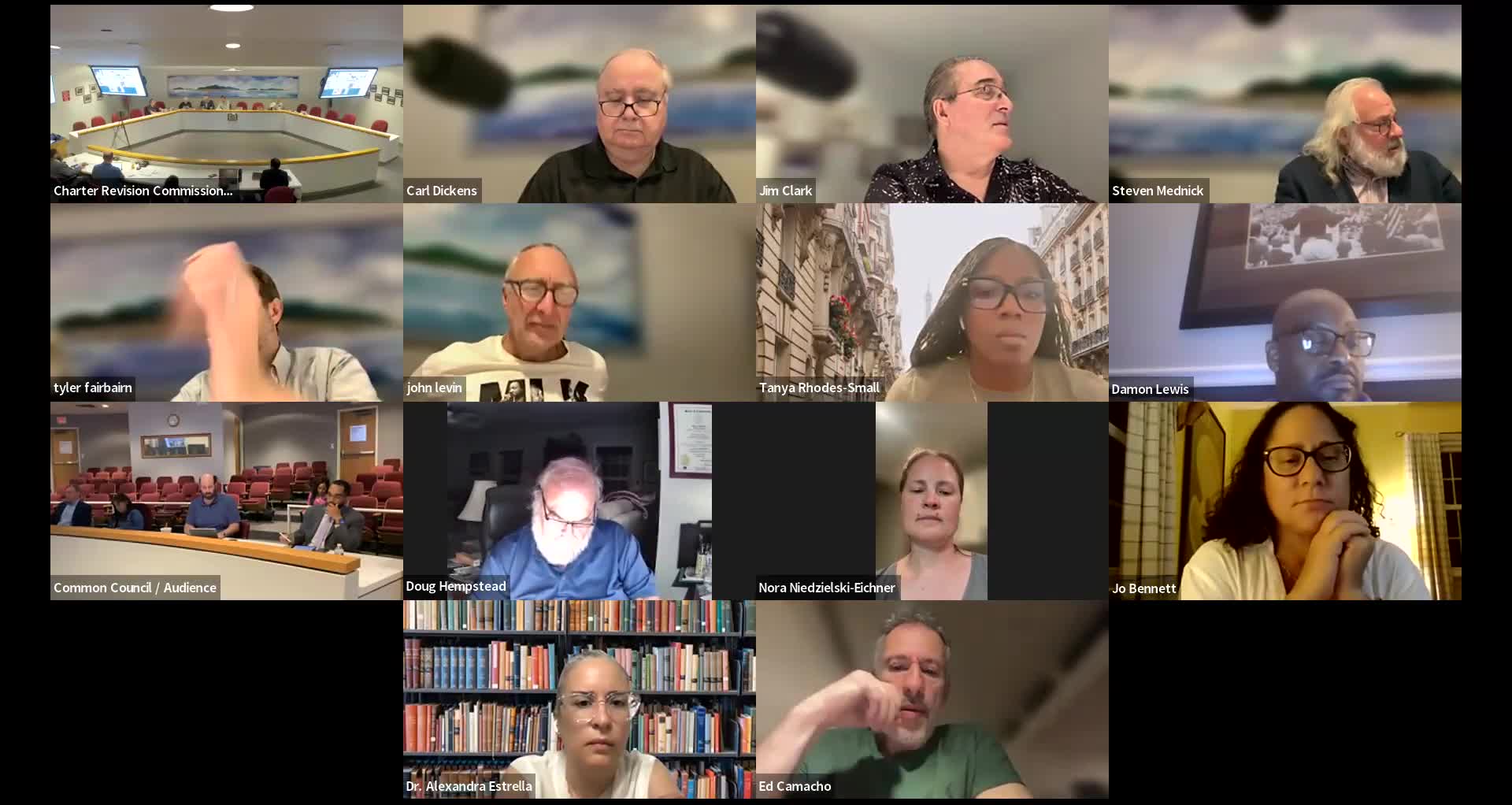
Commission backs concept to publish board and commission applicant pools; counsel to draft rules and timing
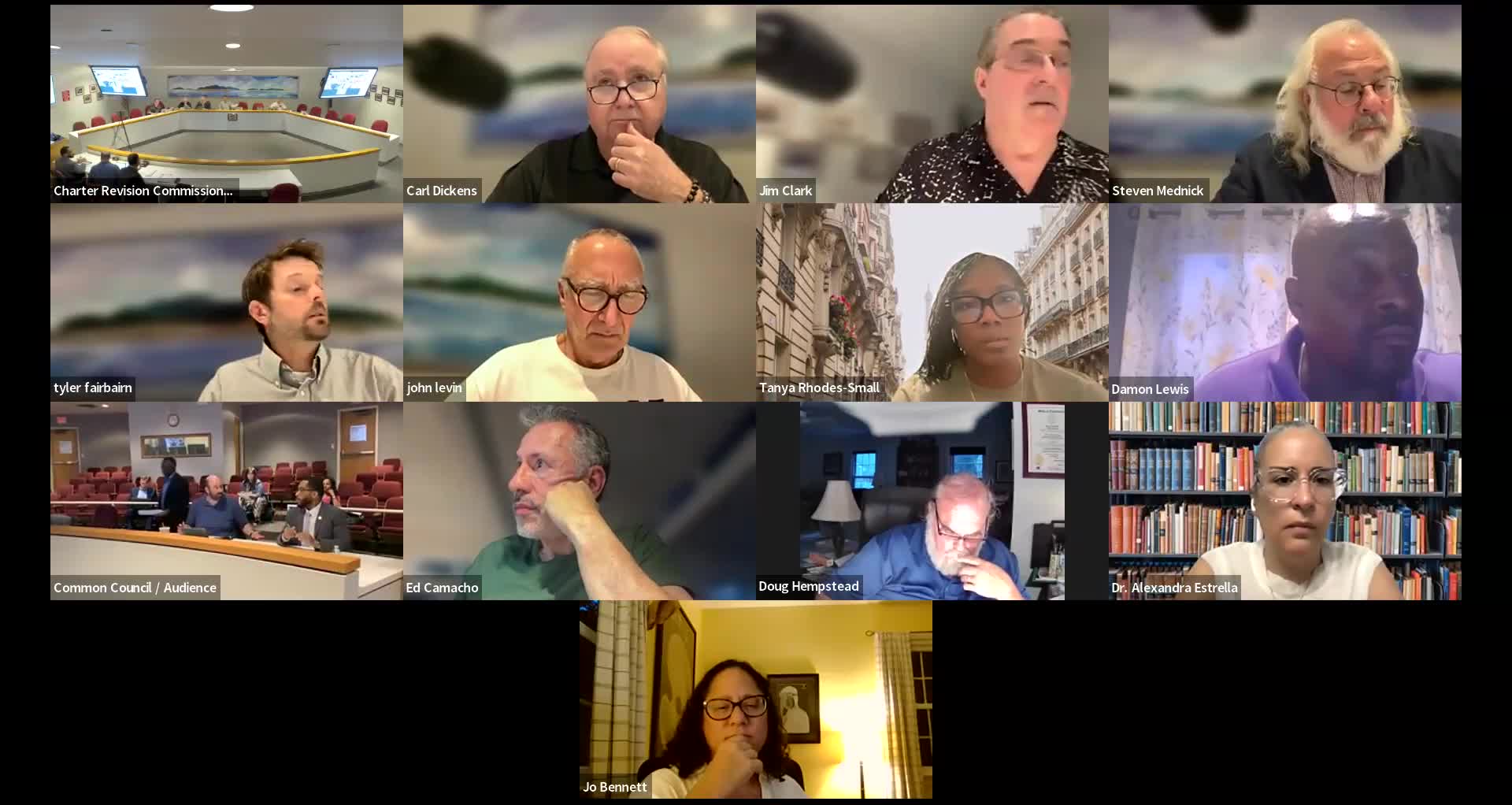
Commission approves separate caps and line‑item submissions; school leaders warn March deadline tight
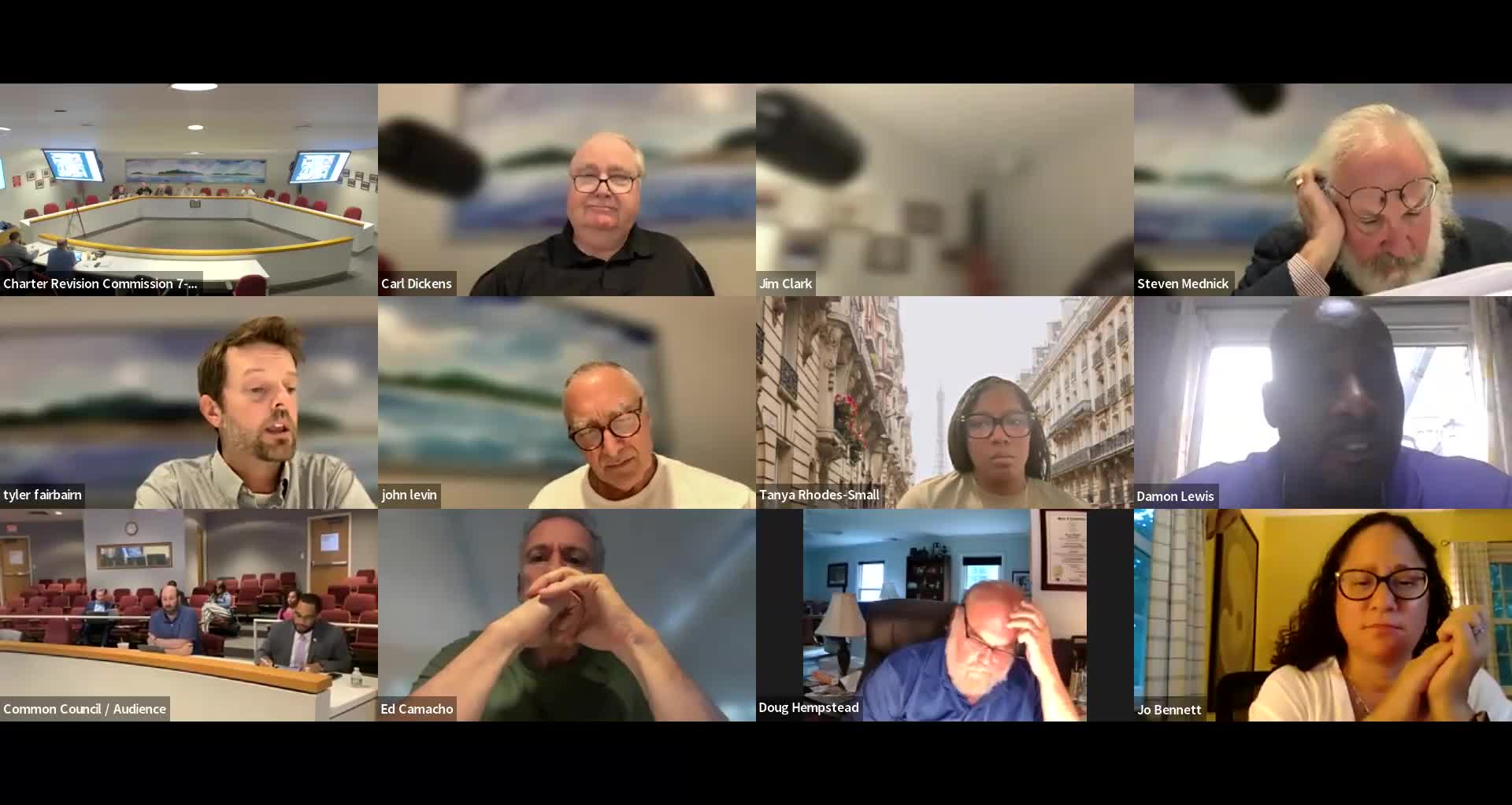
Commission approves 3% council pay benchmark, rejects open hire provision for council staff
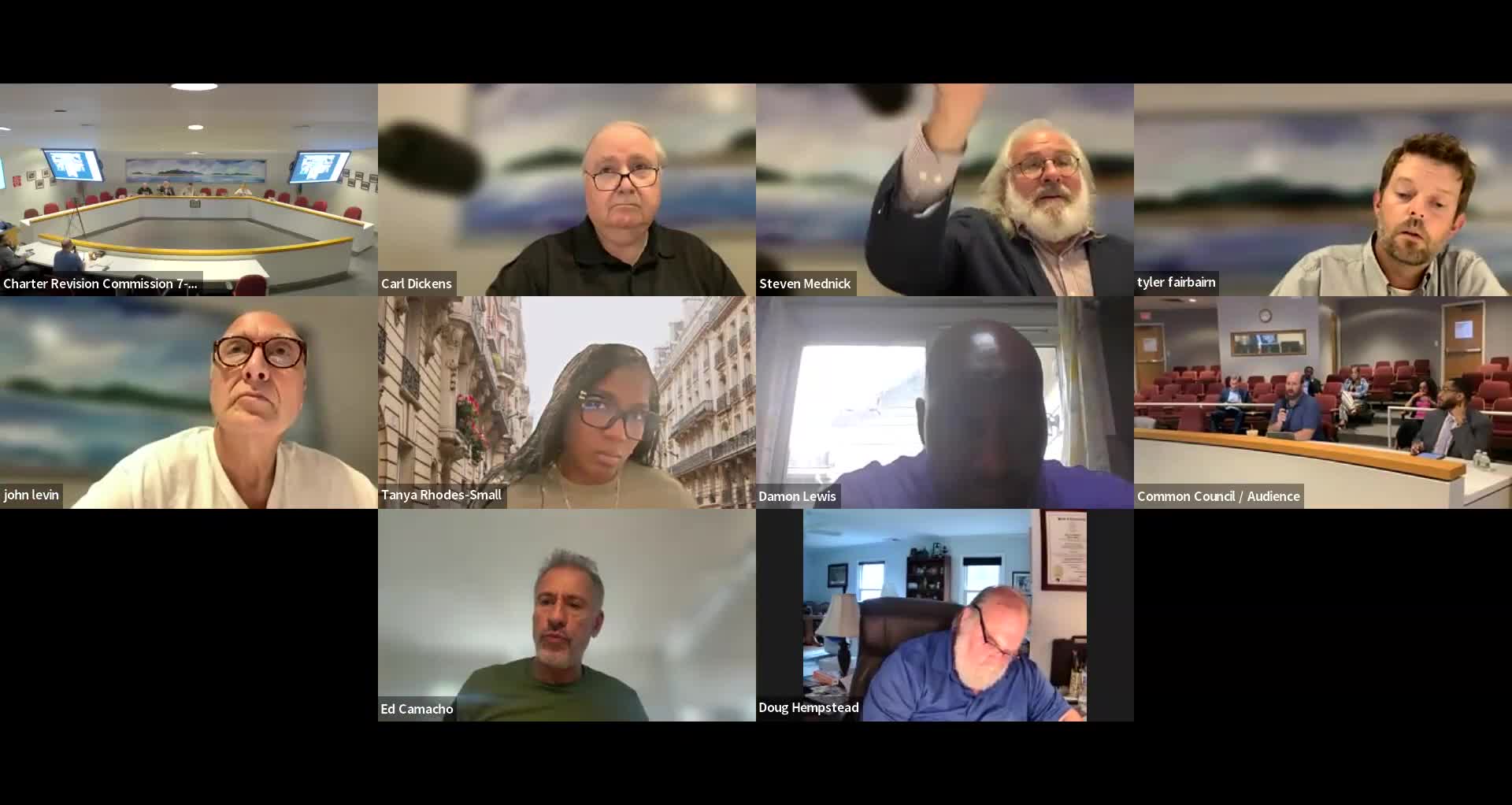
Commission splits on staggered four‑year terms; votes to send original split‑cycle recommendation back to Common Council
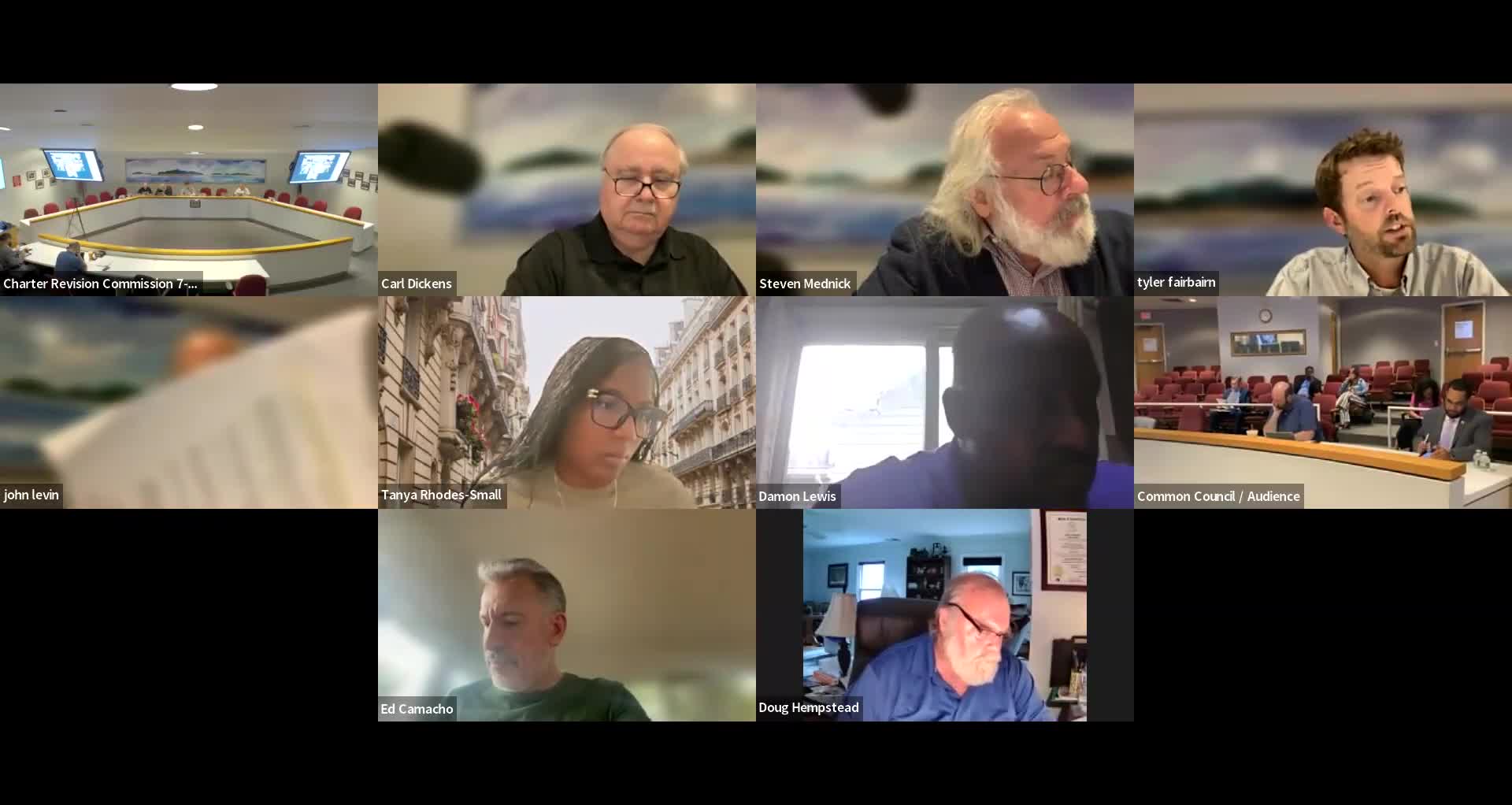
Commission retains 15‑member council, keeps two seats per district after debate
